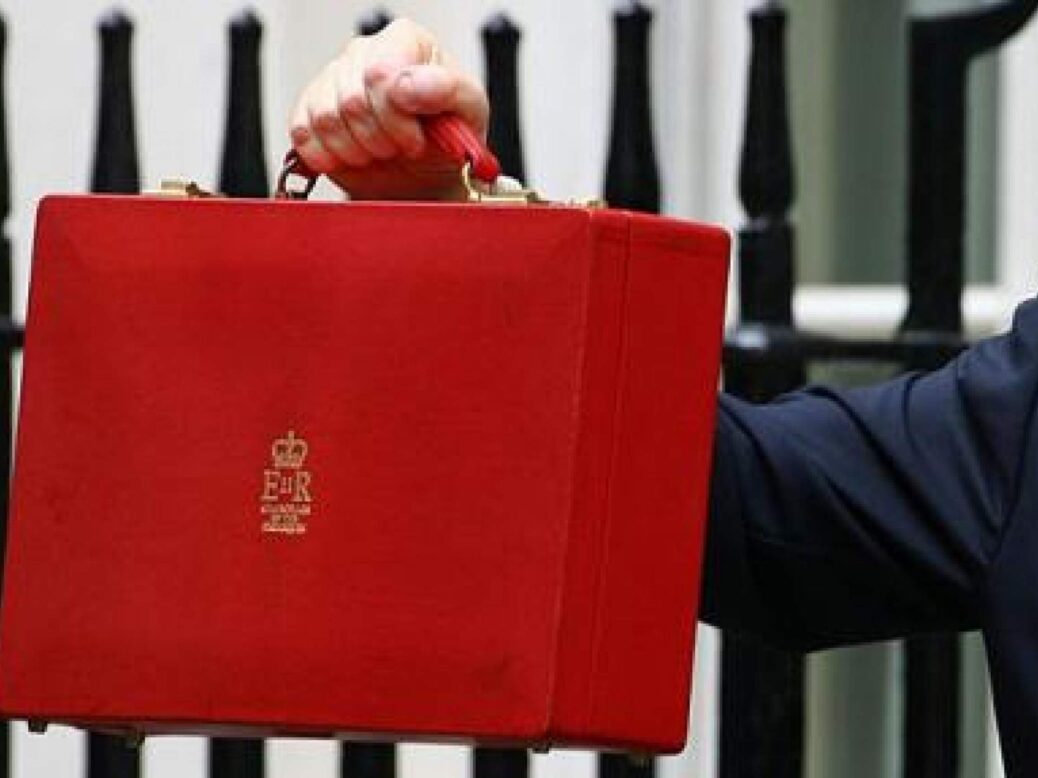
Jennifer Emms says big changes to pensions are unlikely after last year and ahead of the EU referendum.

The year 2015 saw major reforms being made and proposed to the operation and taxation of pensions. It is hard to keep in mind all the twists and turns so, before we look down the tracks at Budget 2016, here is a quick recap of the key changes from last year.
In order to provide greater flexibility to members of defined contribution schemes (i.e. schemes where the benefits correspond to amounts put in and then invested), the Government removed certain tax restrictions on the way members can access their pension savings.
As of 6 April 2015, this means that members who have reached the age of 55 have more options available to them than simply taking an annuity, including the ability to make lump-sum cash withdrawals from their pension fund (with 25 per cent tax free) or to designate part of their pension funds to produce a regular income. For those who already have annuities, the Government is also proposing a framework to enable them to be sold for cash or a different retirement product so as to take advantage of the new flexibility.
As well as focusing on increasing freedom, the Government also took steps to curb the growing cost of pensions’ tax relief in the 2015 Budgets. It announced both a reduction in the pensions’ lifetime allowance to £1million and tapering of the annual allowance, currently set at £40,000, for individuals with income (including pension contributions) over £150,000. Both of these changes will take effect from 6 April this year.
You might be forgiven for thinking that, after all the excitement in 2015, this is the end of the ride. Until last week, however, there were rumours of two different radical changes to the current pensions system in the upcoming Budget. These followed a Treasury consultation on the general future of pensions’ tax relief, which evaluated the current ‘EET’ system. ‘EET’ or ‘Exempt-Exempt-Tax’ signifies that, subject to the annual and lifetime caps, initial contributions from both individuals and employers are tax exempt. No personal tax is then charged on investment growth from pension contributions while in accumulation; and income tax is only paid when pensions are eventually paid out.
One of the rumoured changes was to move to a flat rate of relief for contributions into pension schemes. The precise rate that could have been adopted is unclear (although potentially between 25 per cent and 35 per cent). This would be disadvantageous for higher rate taxpayers, who currently receive 40 per cent relief and additional rate taxpayers, who currently receive 45 per cent relief, on contributions.
The second rumoured change was an overhaul to a ‘TEE’ system, such that contributions are made from post-tax income but investment returns and pension payments are tax-free. This has been likened to an ISA-style arrangement where tax is paid up-front. The challenge would be the detailed changes required to pension administration.
Following comments from the Treasury, it is not anticipated that the Budget on 16th March will contain the above pension tax reforms, possibly due to the timing of the EU referendum. This does not mean that the plans have been scrapped altogether: keep holding your breath… they may still be lurking around the corner.
Jennifer Emms works at boutique private wealth law firm Maurice Turnor Gardner LLP.






